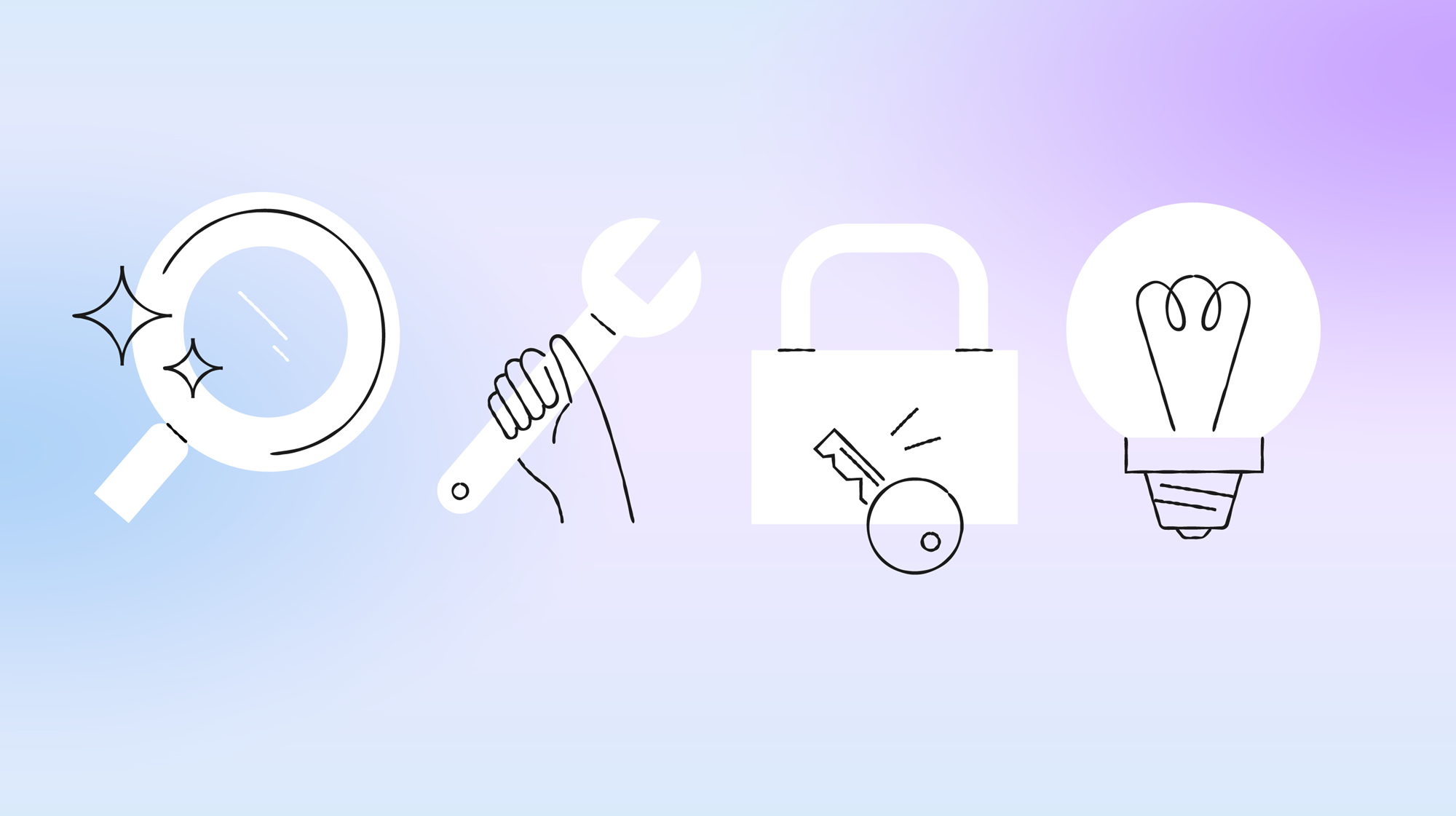
AI agents represent a significant transformation in modern business operations, automating routine tasks to enhance employee productivity and efficiency. These intelligent agents can perform a variety of tasks autonomously or assist users in completing them, leveraging generative AI to understand context and make decisions.
AI Agents in Business Automation
Overview of AI Agents

Understanding how AI agents work is crucial. They combine capabilities like natural language processing, reasoning, and planning to execute tasks. For example, Microsoft 365 Copilot serves as an out-of-the-box agent solution, enabling users to automate workflows and enhance productivity through an intuitive interface.
For developers, the Microsoft 365 Agents SDK enables the publication of agents across multiple channels, integrating seamlessly with existing systems. Additionally, Azure AI Foundry provides tools for designing and managing AI applications and agents.
Implementation in Organizations
Organizations are increasingly adopting AI agents to streamline operations. Nearly 70% of Fortune 500 companies utilize Microsoft 365 Copilot for automating mundane tasks such as data entry and customer service inquiries. Companies like Fujitsu have leveraged Azure AI Agent Service to enhance sales efficiency, achieving a 67% increase in productivity.
AI agents are particularly effective in sectors like finance and healthcare, where they can handle repetitive tasks and allow human agents to focus on more complex issues. The opportunity for businesses extends beyond mere automation; it includes creating a more agile and responsive workforce.
Types of AI Agents
AI agents can be categorized into several types, including personal agents, business-process agents, and cross-organizational agents. Each type serves a unique purpose:
- Personal Agents: Assist individual users with tasks like scheduling and reminders.
- Business Process Agents: Automate specific workflows, such as invoice processing or customer support.
- Cross-Organizational Agents: Facilitate collaboration across different departments.
The versatility of these agents allows businesses to tailor solutions to meet specific operational needs.
Building Custom Agents
Organizations can create custom agents using platforms like Copilot Studio, which allows users to connect agents to relevant business data without requiring coding skills. This democratization of AI empowers users to build agents that can handle specific tasks, enhancing overall productivity.
Additionally, LogicBalls offers AI writing assistants such as DecisionHelper and Creative Helper, providing tailored solutions for content creation and summarization.

Security and Compliance Considerations
With the rise of autonomous AI agents, organizations must prioritize security and compliance. Implementing robust data governance practices and ensuring privacy compliance are critical. Microsoft’s Copilot Control System helps manage data access and security controls, ensuring that agents operate within established guidelines.
Organizations should also focus on responsible AI principles to mitigate risks associated with autonomous actions. This includes ensuring that agents have permissions to access necessary data while maintaining user privacy.
Future of AI Agents
The future of AI agents is promising, with ongoing innovations expected to enhance their capabilities significantly. Agents are poised to become more autonomous, enabling them to manage complex workflows and assist in decision-making processes.
LogicBalls stands ready to assist businesses in this transition, offering a suite of AI tools designed specifically for content creators, marketers, and administrative professionals.
For more information on how LogicBalls can help you implement AI solutions tailored to your business needs, visit LogicBalls to explore our services or contact us directly.